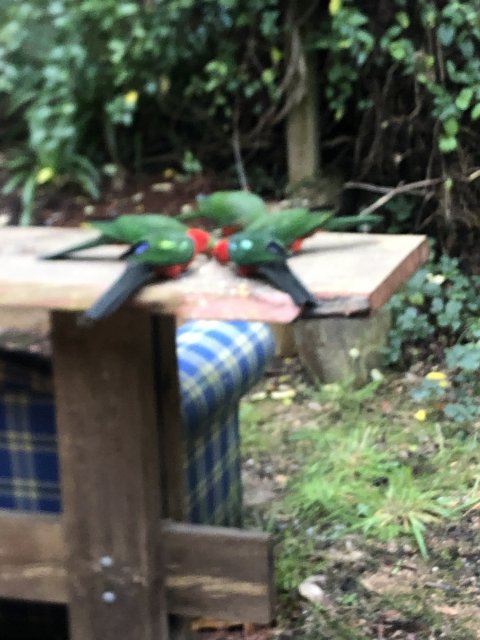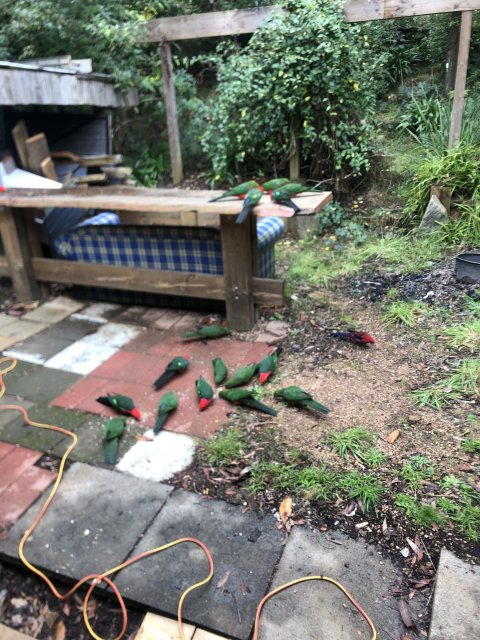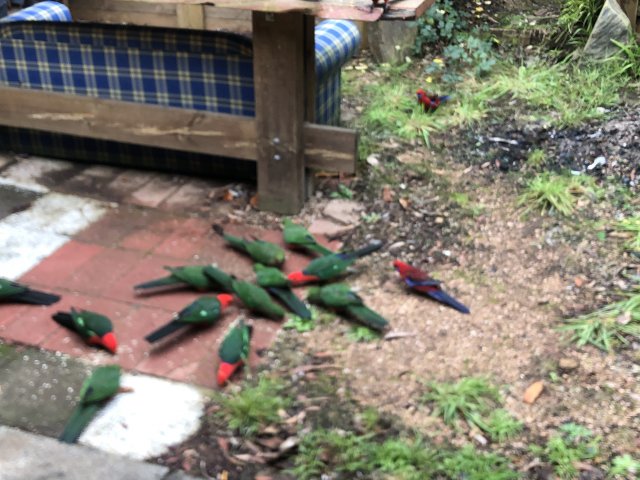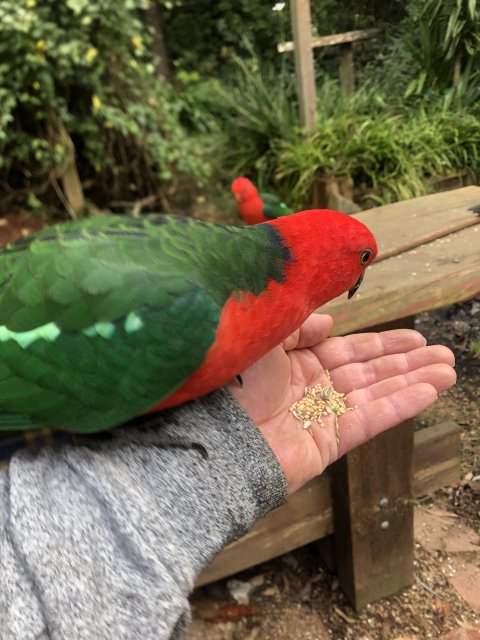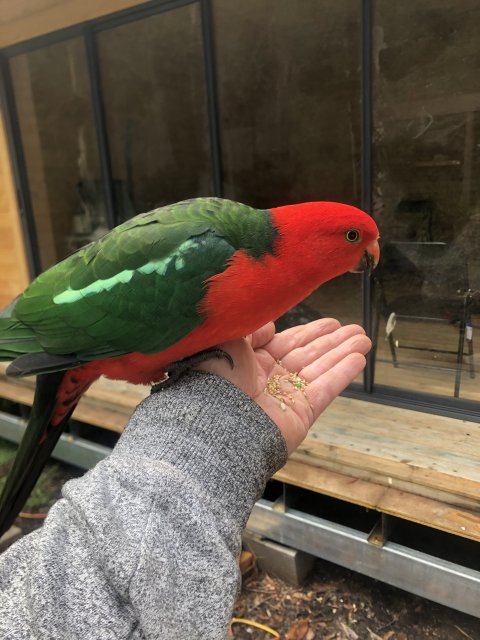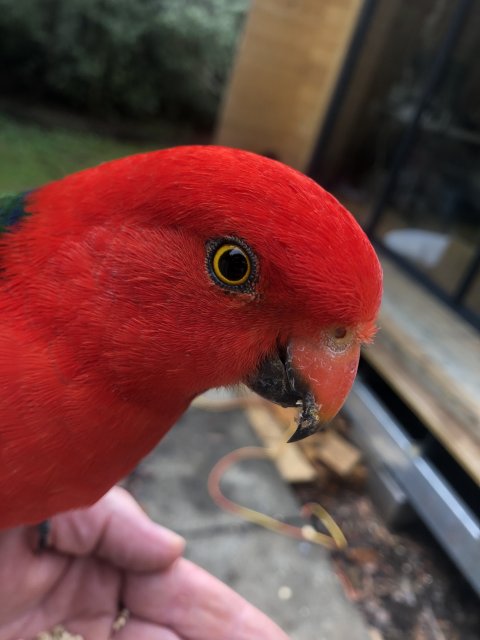Nothin' like a lifer!

After posting here this morning, I grabbed a sandwich, a bottle of water, my binocular and my dog...all the essentials of a good birding trip...and headed out. I was in the designated area within about 20 minutes, and then followed the directions provided by the homeowner who had found the bird and originally posted it. Arrived just as another car with two birders from the city were unpacking their gear. We left our cars, walked up the long wooded drive...and were looking at the bird within another 15 minutes.
Mixed in among a flock of numerous Juncos, Fox Sparrows, American Tree Sparrows and Purple Finches (all commonly expected birds)...a single Brambling, a species that breeds all across the Eurasian continent in the northern reaches, and then winters in a more southerly strip of that landmass, including the British Isles. I'll bet our friends from ""Blighty" would recognize it. Those few that make their way to North America likely all do it by crossing the Bering Sea between Alaska and Siberia. It's not a bird you expect to find right out the corner from home in the center of the continent.
And unlike many vagrants and strays that show up, which are often immature birds or dull-coloured females in non-breeding plumage, this one was a full adult male in almost full breeding colours. Nice.
Let's remember that there are only a finite number of bird species to be seen. Each time you find a lifer, you slightly reduce the odds of finding the next one. After a lifetime of birding in North America, there are still a number of NA birds I "need' to see, and an even smaller number local to my home turf. Covid put a damper on recreational travel for me, so my accumulation of lifers has slowed to a dribble. My last one was several years ago...another vagrant...so a new lifer now is a Big Deal.

 Friller2009
would?
Friller2009
would?